Introducing a pillow to a toddler's sleep routine is a significant milestone, and knowing when to do so is crucial for ensuring their comfort and safety. The American Academy of Pediatrics (AAP) recommends that parents wait until their child is at least 2 years old before introducing a pillow. This guideline is based on the need to reduce the risk of sudden infant death syndrome (SIDS) and other sleep-related dangers. However, every child is unique, and readiness for a pillow can vary.
Other Topics You Might Like
Helpful Products You Might Like
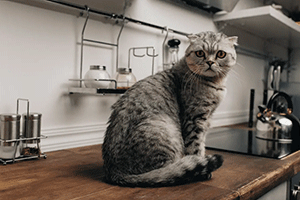
Product Name

Product Name
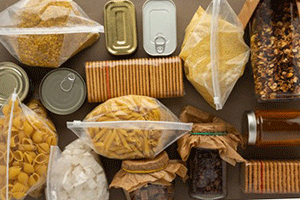
Product Name
"(Paid Links)" 
Developmental Readiness
One of the key factors in determining when a toddler can use a pillow is their developmental stage. By the age of 2, most toddlers have better neck and head control, reducing the risk of suffocation or strangulation that a pillow might pose to younger infants. At this age, children can move their heads freely and can adjust their sleeping position if they feel uncomfortable.
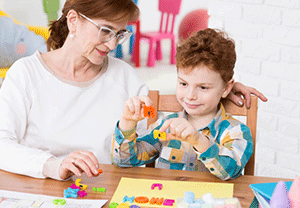
Signs Your Toddler Is Ready for a Pillow
Increased Movement During Sleep
If your toddler frequently moves around in their sleep or uses their hands to prop up their head, it might be a sign they are ready for a pillow.
Interest in Your Pillow
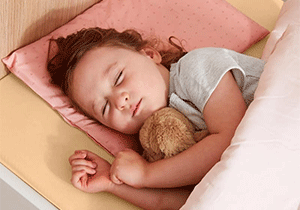
Toddlers often mimic their parents. If your child shows interest in your pillow, they might be ready for their own.
Complaints of Discomfort
If your toddler starts complaining of neck or head discomfort, it might be time to consider a pillow.
Choosing the Right Pillow
When you decide to introduce a pillow, choosing the right one is essential. Look for a small, firm pillow specifically designed for toddlers. Adult pillows are too large and soft, which can pose a suffocation risk. A toddler pillow should be about the size of a travel pillow, providing just enough support without overwhelming your child.
Safety Precautions
Avoid Pillows in Cribs
Even when your toddler starts using a pillow, it should not be introduced in a crib. Transition your child to a toddler bed first.
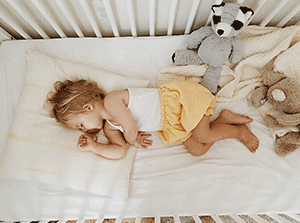
Monitor the Transition
Keep an eye on your toddler as they get used to the pillow. Ensure they are sleeping comfortably and not having any difficulties.
Hypoallergenic Materials
Choose pillows made from hypoallergenic materials to avoid any allergic reactions.
Benefits of a Toddler Pillow
Introducing a pillow can have several benefits for your toddler, including improved sleep quality. A pillow provides the necessary support for their growing neck and spine, helping them maintain a comfortable sleeping position. This can lead to more restful sleep, which is crucial for their overall development and well-being. Knowing these benefits can reassure you that you're making the right decision for your child's comfort and health.
Conclusion
While there is no one-size-fits-all answer to when a toddler can use a pillow, following the AAP guidelines and observing your child's readiness signs can help you make an informed decision. A toddler pillow can enhance sleep comfort and quality, contributing to better health and development. Always prioritize safety and choose the right pillow to ensure your child's transition to using a pillow is smooth and beneficial.
